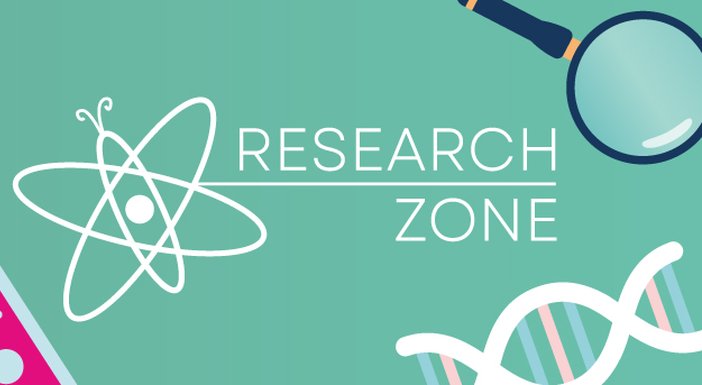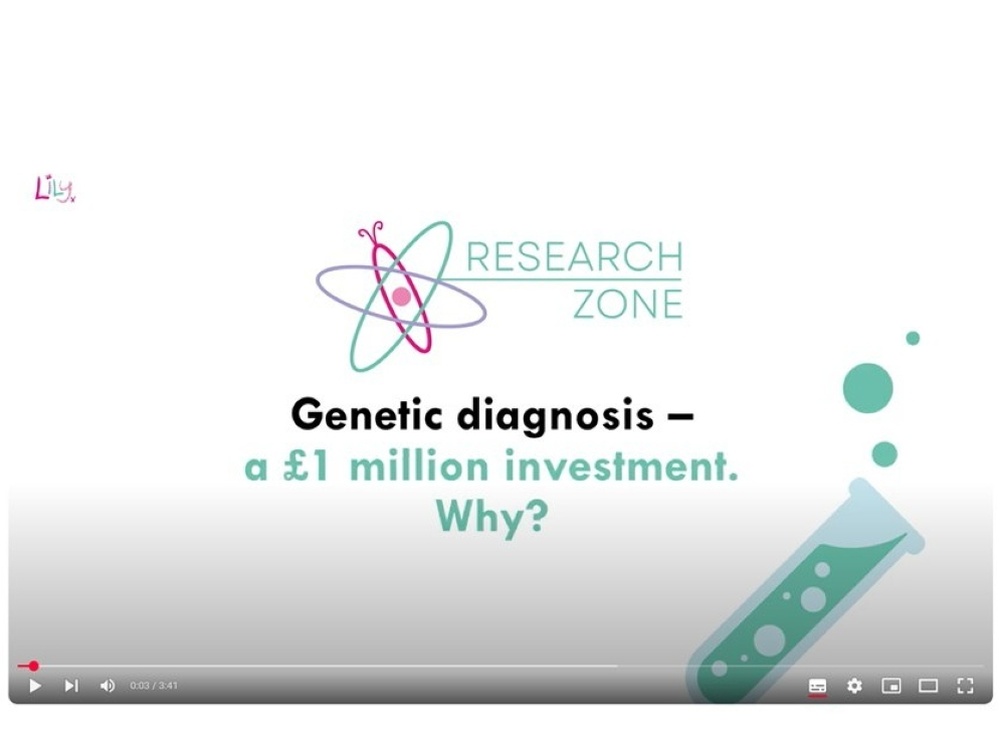As we know, mitochondrial disease happens when the tiny powerhouses inside our cells, our mitochondria, don’t work properly. Mitochondrial diseases affect energy production in every part of the body and symptoms can be incredibly varied, making diagnosis difficult.
Genetic testing is one of the most powerful tools we have for diagnosing mitochondrial disease but for many patients, standard NHS tests don’t find a clear genetic cause. That’s where the Lily Precision Medicine Diagnostics project comes in.
With funding from The Lily Foundation, researchers at UCL are reanalysing genetic data from patients who still don’t have answers – using new technology, better tools and deeper analysis to uncover hidden mistakes in genetic data that could confirm a diagnosis.
Why standard genetic tests aren’t always enough
Think of this project like searching for a missing word in a huge book. Standard tests scan the pages quickly, looking for obvious mistakes. However, sometimes, the answer is more subtle:
Maybe a letter is swapped…
Maybe a word is missing…
…or the meaning is hidden in a complex sentence.
This project allows researchers to:
- take a much deeper look at genetic data – re-examining previous test results with more advanced methods
- use the latest research and artificial intelligence tools to spot genetic changes that might have been missed the first time
- compare data with newly discovered genes known to cause mito that weren’t known when patients were first tested.
Why does this matter?
For patients and families, getting a genetic diagnosis is life changing. It can confirm whether they have mitochondrial disease, help doctors provide more tailored care, give families crucial information about inheritance and family planning and open the door to clinical trials or potential new treatments.
Let’s hear more about this project from the UCL researchers leading the way.




